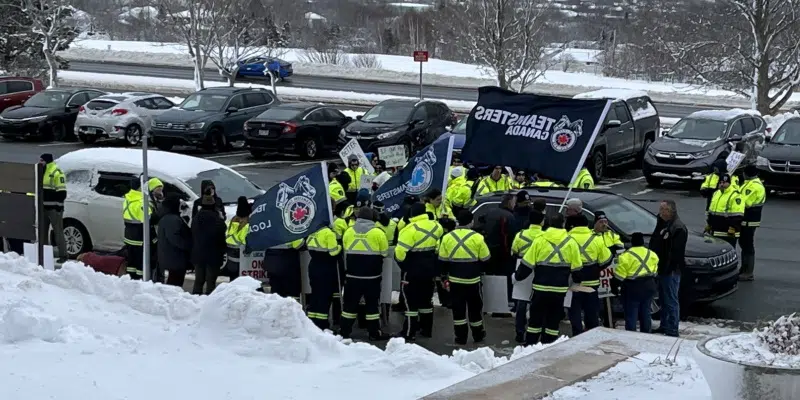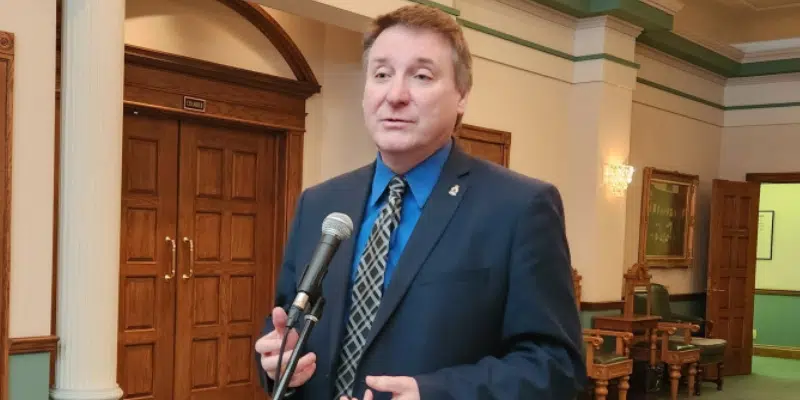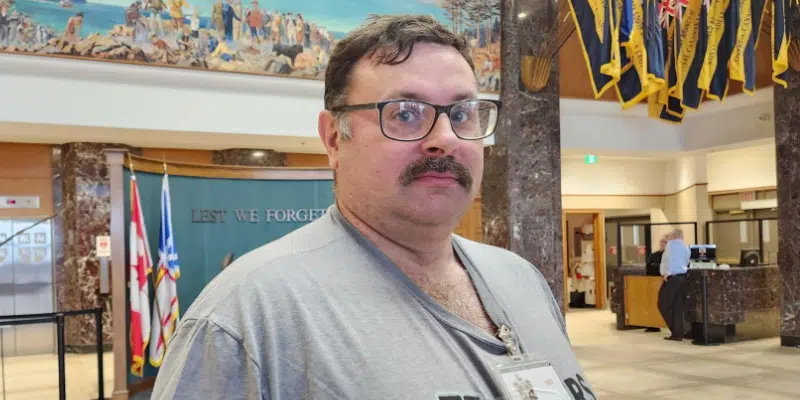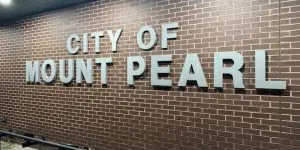The union that represents workers with Fewer’s Ambulance has little hope that an Essential Ambulance Services Agreement can be reached without the help of the Labour Relations Board.
The Essential Ambulance Services Act was the topic of an emergency debate in the House of Assembly on Monday with Bill 24 passing late last night.
Part of the act is the negotiation of an Essential Ambulance Services agreement, which outlines which workers are deemed essential and must work in the event of a strike or lockout. Such job action cannot take place without that agreement in place.
When asked if the agreement could be reached without applying to the Labour Relations Board, union representative Hubert Dawe said “absolutely not”
He says they have six ambulance services on strike, and to date not one has received a written offer from the employer. Dawe does not believe Fewer’s Ambulance will cooporate with another negotiation process.
Meanwhile, Premier Andrew Furey is defending the decision to move ahead with the legislation, even though the health authorities last week came up with contingency plans.
As an example, he says he’s aware of some red alert scenarious that have played out recently. He says while contingency can be provided for in the short term, they cannot add more strain to the system.

(Striking ambulance workers rally outside of Confederation Building.)
Fewer’s released a statement late Monday afternoon through a lawyer.
The statement reads that Fewer’s group of ambulance service is willing to work with the Teamsters Union Local 855 and discuss an agreement that involves restoring emergency services only.
However, the statement says, the company would “require a fully detailed maintenance of services agreement that clearly articulates what services and duties are essential and must be performed.”
That includes “what ancillary duties are expected to be performed in support of the emergency services, the number of workers who will perform the services, etc.” so that the expectations of both parties “are clearly outlined for everyone’s benefit.”

Health care as a whole was raised during Question Period prior to debate on the new Essential Ambulance Services Act.
Opposition Leader David Brazil questioned the Premier on recent stats released by the NLMA showing that many Newfoundlanders and Labradorians are not attached to a family doctor.
“How many more picket signs will we have to see before you take action?” Brazil asked Furey. The Premier says the province is employing “local solutions to local problems.”























